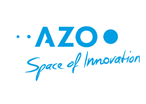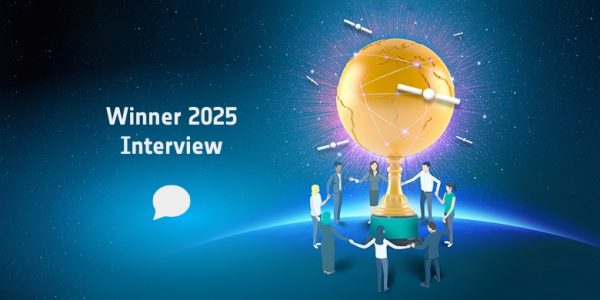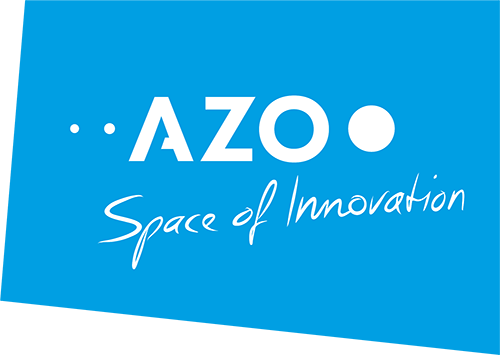Authors Tamara Naydenova & Annette Ruß
Earth observation (EO) has become an essential tool for addressing many of the world’s most pressing environmental and societal challenges. As technology continues to advance, Earth observation is playing an increasingly important role in shaping our understanding of the planet and its systems.
Earth observation data is complex and multidimensional, and interpreting this data requires expertise in multiple fields, including physics, mathematics, and computer science.
To recognise and honour early career scientists that have made an outstanding contribution to the innovative use of Earth Observations, with a focus on the use of European EO datasets in the field of science and applications, European Space Agency (ESA) and European Geosciences Union (EGU) established Earth Observation Excellence Award in 2021.
After the first successful round in 2021, ESA-EGU EO Excellence Award 2023 gathered 22 nominations of early career scientists in two categories: individuals and teams with almost equal distribution:
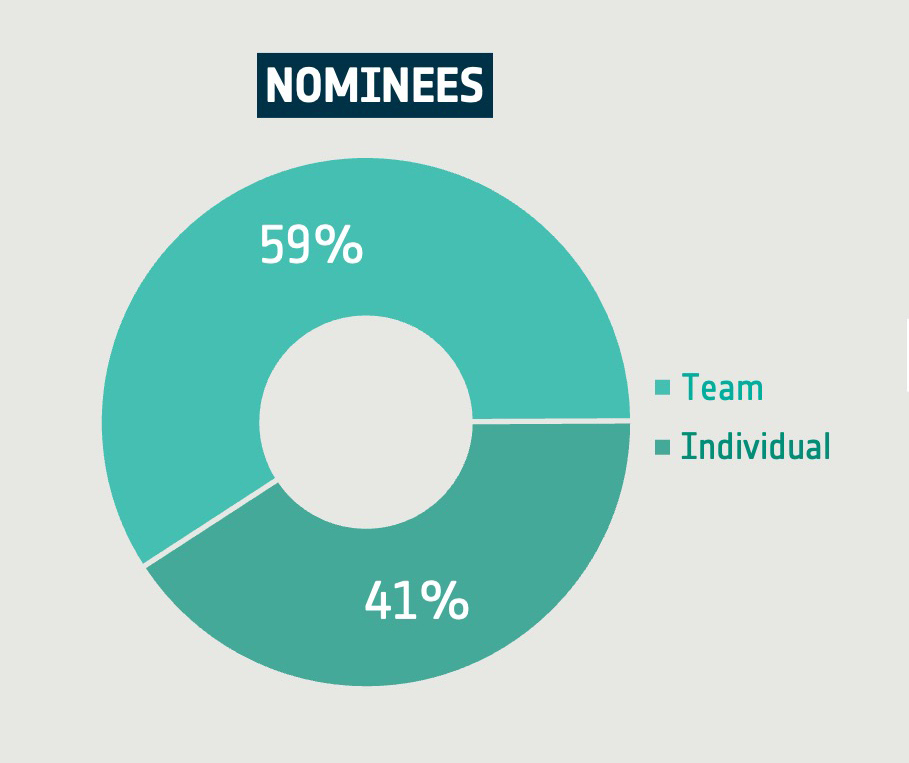
Though most of the nominees are residents of European countries, the ESA member states are well presented as well:
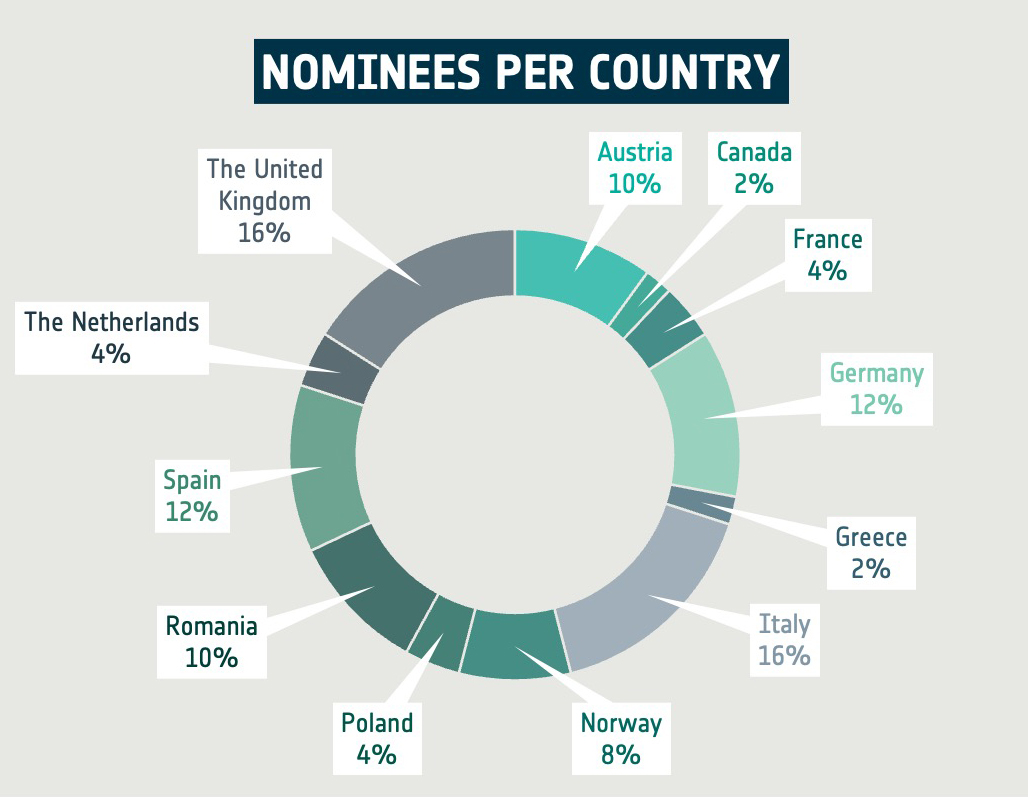
Even though we have received significantly more male nominations, the percentage of female nominations raised by 1% in comparison to the first round. The organisers will continue encouraging female applicants to submit their nominations for the next round of the Award:
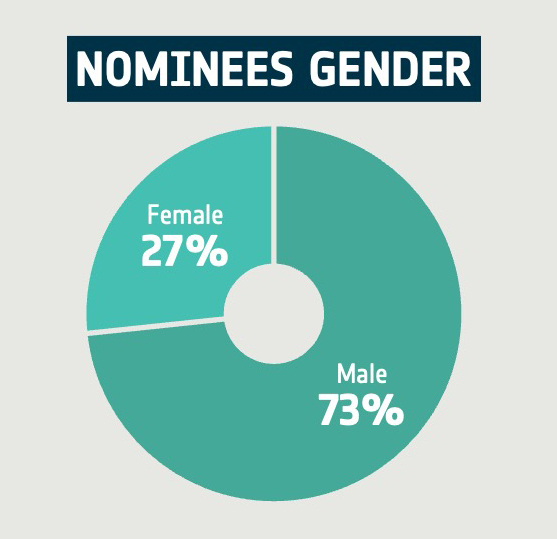
The European Space Sciences Committee (ESSC) of the European Science Foundation put together two boards of independent evaluators. The extraordinarily well-prepared nominations and the high-quality of their works made the selection process challenging. In an extensive evaluation in January and February 2023, three finalists and one winner in each category were chosen:
Category “Individual”
Susanna Ebmeier, University of Leeds, the UK – winner
Mariette Vreugdenhil, TU Wien, Austria
Iestyn Woolway, Bangor University, the UK
Category “Team”
Andreas Kääb, University of Oslo, Norway and his team, Désirée Treichler, Bas Altena, Luc Girod, and Solveig H. Winsvold – winner
Dominic Fawcett, University of Exeter, the UK and his team, Thais Rosan,Viola Heinrich, Yidi Xu, and Zhu Deng
Gustau Camps-Valls, University of Valencia, Spain and his team, Maria Piles, Alvaro Moreno, Manuel Campos, and Gonzalo Mateo
To find out more about winners and finalists please visit the ESA webpage.
The outcome of the second round of the Award stated again the importance of giving a stage to the ones behind the scientific innovations. The focus on early career status, with the latest degree, obtained not longer than 10 years ago, emphasises the necessity of professional recognition of early career scientists. That is why ESA and EGU have decided to carry on the Award on annual basis! Keep an eye out as the announcement for the next round of the Award will be made soon.
There will be a ceremony for presenting the winners and awarding their certificates on 25th April as part of the EGU General Assembly 2023 in Vienna. Check EGU’s programme for more information.
This once-in-a-lifetime Award – being the best scientist or researcher for Earth Observation – is a great opportunity to take your career to the next level. You can read our winners’ stories to find out how the Award boosted their careers. Stay tuned for opening the round of 2024 eoxcellence.com.
